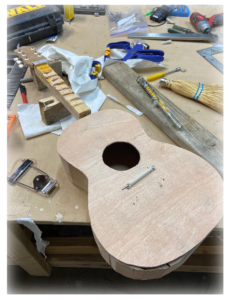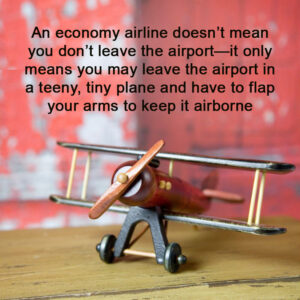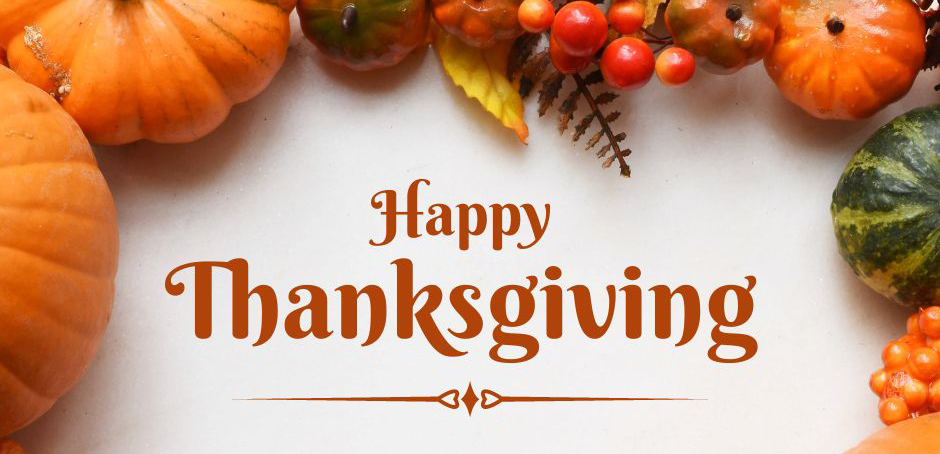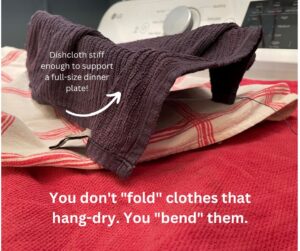My phone is listening. Yours is, too, but you probably knew that.
My PC monitors my every move. I’m constantly chased through cyberspace by products, services, time-saving gadgets and apparel I don’t want.
Relentlessly, they try to wear me down. Sometimes they win.
Maybe I do need an immersion blender. Maybe a WeatherTech CupFone holder would be convenient. Maybe a quilted vest with a fur collar now 40 percent off would look good on me.
The other day the husband and I were talking about a fraudulent call he had received asking for his Social Security number. Naturally, he ignored it.
Minutes later he opened Instagram and there was an ad from a security company promoting coverage for all his devices.
Social media platforms and search engines say they are not spying on anybody. Internet providers track the sites we visit and how long we stay there, but they’re not spying either. Tons of information can be harvested from social media but social media is not private (hence the name social), so it’s not spying.
I believe them. I also have a bridge I’d like to sell in New Jersey.
They say it’s simply AI, artificial intelligence, and algorithms that can anticipate personal interests.
I’ve tried to limit my “not being spied on” by going to settings and rejecting cookies. I hate it that life has come to rejecting all cookies. It goes against my inner being and my inner baker.
I’ve also read that smart phones and computers can listen through smart assistants like Alexa or Hey Google.
I’ve never had a smart assistant. I’ve never had a dumb one either.
I do use Siri. Siri is so helpful. So convenient. So ready to oblige. But then, so was Benedict Arnold.
I’ve disabled most everything I can disable, but my phone still knows things about me and still sends ads—not just about things I’ve looked at online, but about things I’ve said.
I can’t beat them, so I’ve decided to join them.
When the husband is away from his phone, I talk to it. I tell it things I think he’d like to know more about.
“Spa day for wife.”
He probably thinks about giving me a spa day all the time and just forgets to mention it or follow through. This way I can help him. What kind of woman doesn’t want to help her man?
“Restaurants near me,” I whisper to his phone when he goes out to get the mail.
“Tour Italy!” I shout when he is in the garage looking for a lightbulb.
“Florence!”
Specifics are always helpful.
Meanwhile, I’m working on my surprise face. If he suggests going out to dinner or taking a trip, I’ll be completely bowled over.
In the event international travel doesn’t resonate with him, I’ve also picked up his phone and said, “Beach rentals for snowbirds.”
I’m not a beach person but he is, so I’m throwing that one into the mix as well. I try not to be self-centered.
I’ve also mentioned Home Depot and Lowe’s when his phone is unattended just so he doesn’t get suspicious.
I’m not spying or manipulating; I’m just anticipating his interests.
I’m his smart assistant.















